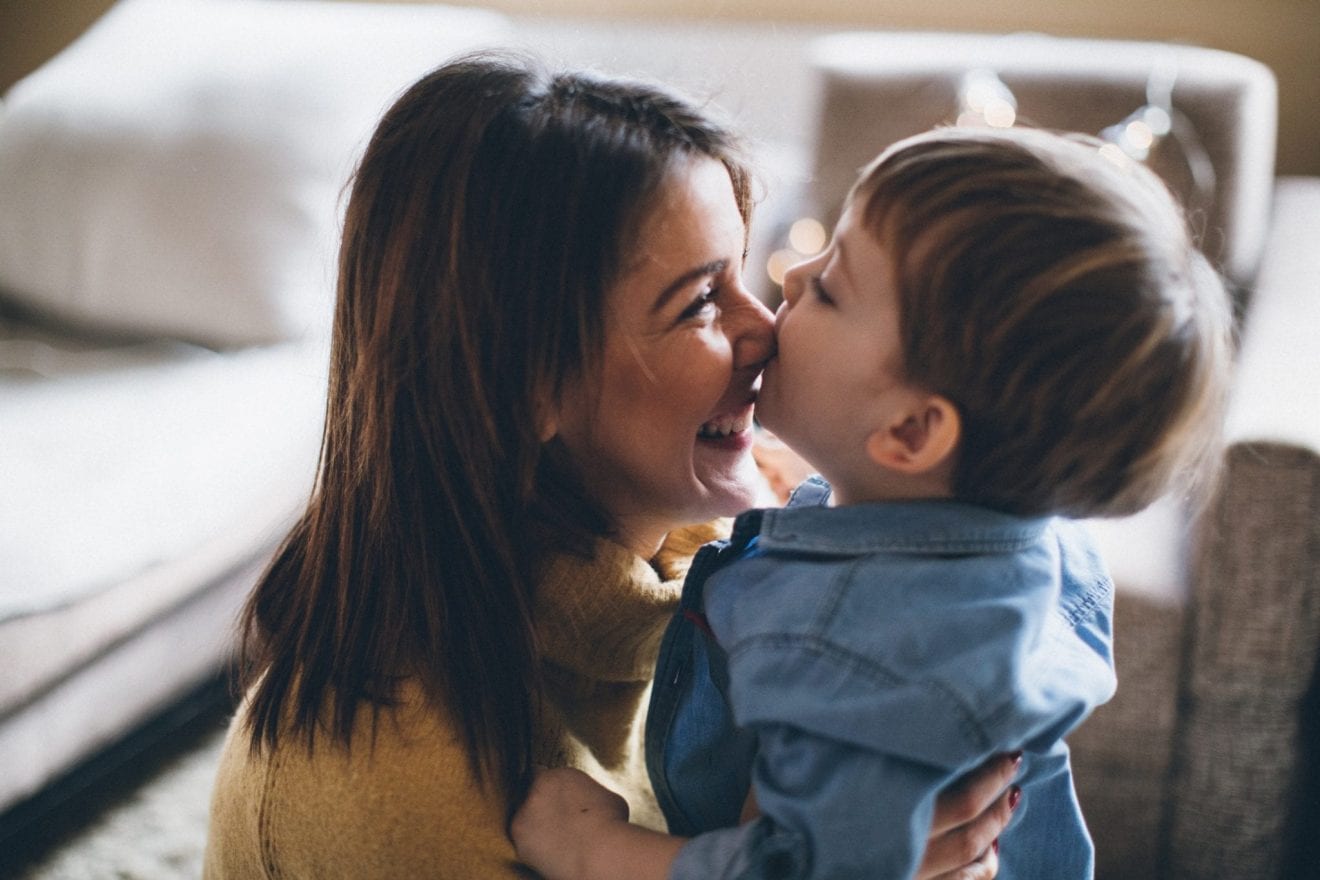Becoming a parent is one of the most, if not the most, life-changing events for many moms and dads. It is also stressful, as you will face a lifetime of decisions, some of which you know will be the right decisions and others you will question. All this is normal and a part of navigating parenting. However, before you become a parent, you may also wonder what type of parent you want to be and how to raise your kiddos, including ways to discipline or communicate with your child.
A particular style of parenting called “positive parenting” has become increasingly popular in recent years. It shifts away from the traditional or “old school” thoughts about child-rearing, where children are seen and not heard. In the older style, parents’ opinions and choices are a priority, and respect is expected, not earned or necessarily reciprocal. Let’s explore positive parenting and why more and more parents use positive methods when raising their kids.
What Is Positive Parenting?
Mutual Respect
Positive parenting is about guiding your child and approaching them with love and kindness instead of punishing behaviors you may not like. A positive parenting approach minimizes power struggles with your children and creates mutual respect between you and your child. It also shifts the focus away from negatives or challenges; instead, it concentrates on the strengths and capacity of your child.1
When you use this approach, you help teach your child more about the “why” instead of simply what you want and do not want them to do. A positive parenting approach helps kids understand why they may have acted out instead of punishing them for it.4
Rules and Consequences
There are a couple of different components of positive parenting. The first has to do with rules and consequences. These need to be clear and frequently discussed with your child or children. The other part of positive parenting is listening to your child so that you can better understand them.2
Create a quota or limit of things you critique and rules you have. Otherwise, you could find yourself constantly nagging or correcting your child. You could also try “planned ignoring” or pick your battles. Also, ensure you balance out constructive conversations by paying as much attention to their good behaviors as their bad behaviors.2
Individual Attention
When you practice positive parenting on more than one child, spending one-on-one time with each kid is essential. Be fully present during this time. Life can be hectic, and many of us are multitasking throughout the day. This can be why kids act out, as they may be trying to get attention. When you spend even a small amount of individual time with each child daily, they likely won’t feel the need to act negatively to get your attention.6
Praise
It’s important to praise and encourage your child. It works best if you provide feedback about specific behaviors you want to see replicated rather than a generic “good boy” or “good girl.” You could say, “It’s fantastic to see you sharing that toy with your sister.” This gives your child information about what you would like to see them do again, enhances their intrinsic motivation, and boosts their sense of confidence. Praising efforts rather than outcomes can also be helpful so they don’t get caught up on perfection.3
Time-In
“Time-ins” is also a huge part of positive parenting. Instead of putting your child in a time-out that can lead to anxiety, have a “time-in” where you help them deal with their emotions. Maybe this means setting up a calming corner in their room and going there to take some deep breaths. If your little one is too young to understand the concept of deep breathing, you can sit down and read or color to help calm them down. Acknowledging the positive behavior and not just the negative behaviors is also important. Be sure to acknowledge when your little one does something you like!4
Emotional Literacy
Lastly, a large part of positive parenting is managing your emotions. We must remember our kids are always watching us and our reactions, so we should practice what we preach. Try to get ahold of your emotions before reacting to a tantrum or your child misbehaving. If you model how you want your children to respond in certain situations, you may notice them pick up on healthier ways to react to frustration, and they might be less likely to act out.1,5
It also helps if you name their feelings and help them make sense of their “internal world.” When they can understand what has triggered an emotion and have the skills to manage the feeling, they are less likely to escalate or have tantrums because they feel secure and calm.1,5
What Are the Benefits of Positive Parenting?
Positive parenting has many benefits for both the parent and child, including:1
- Cutting back on power struggles
- Supporting better emotional development
- Reducing parents’ stress by being calm versus reactive
- Helping you better understand your child’s needs
- Allowing your child to better deal with their emotions
- Building a solid and loving relationship with your child/children
Is Positive Parenting Right for You?
Whatever parenting method you choose is up to you! Positive parenting sounds good on paper, but remember, it’s not always easy! While your intentions may be to parent as positively as possible, being home with a toddler throwing a tantrum every hour can make this difficult. No parent is perfect, so don’t get hung up on being perfect with positive parenting all the time. If it’s something you want to see how your kids respond to, remember that practice is vital. Knowing the basics can help you set boundaries, stay consistent, and raise your kids positively and lovingly.































